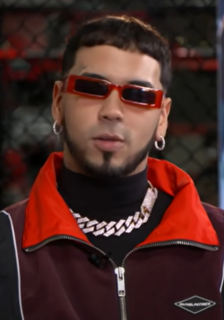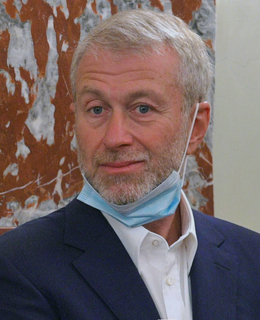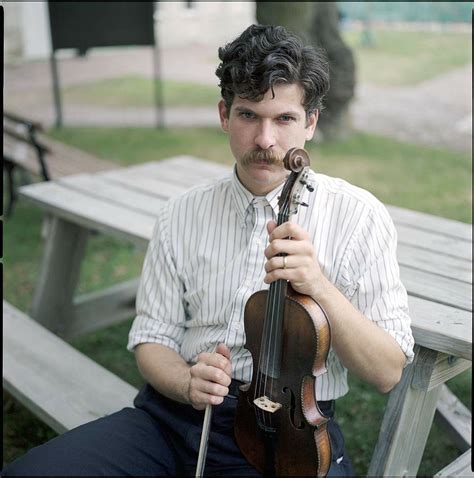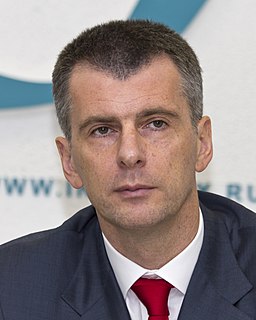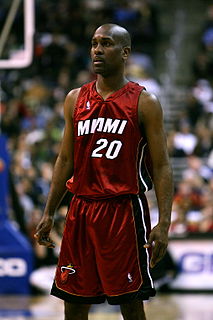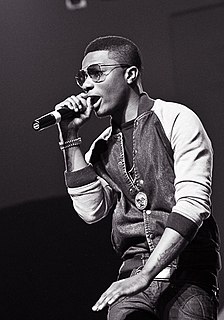A Quote by David Starkey
I always bought pictures, I only started to buy oil paintings when I started to make serious amounts of money because they cost a serious amount of money.
Related Quotes
To walk in money through the night crowd, protected by money, lulled by money, dulled by money, the crowd itself a money, the breath money, no least single object anywhere that is not money. Money, money everywhere and still not enough! And then no money, or a little money, or less money, or more money but money always money. and if you have money, or you don't have money, it is the money that counts, and money makes money, but what makes money make money?
Wrapping rubber bands around a watermelon is not journalism. It is entertainment. But the key to success in media has always been a broad mix of serious reporting and entertainment. The New York Times does not make its money on reports about Iraq and Syria. It makes money on its gardening section, food and, yes, stories about cats. "The Today Show" is a very successful program because it is a mix of the celebrity chef and the crazy pet who does the rolls and serious news and interviews.
In my opinion, the greatest misconception about the market is the idea that if you buy and hold stocks for long periods of time, you'll always make money. Let me give you some specific examples. Anyone who bought the stock market at any time between the 1896 low and the 1932 low would have lost money. In other words, there's a 36 year period in which a buy-and-hold strategy would have lost money. As a more modern example, anyone who bought the market at any time between the 1962 low and the 1974 low would have lost money.
In my early 20s I was so miserable doing construction, I wanted something that paid money. I liked nice stuff. I liked cars and architecture, and things that cost money. I wanted to not swing a hammer, and make money... and not do stuff that was dirty. I attempted to get into comedy. I started to do stand-up, but I wasn't very good at it.
In my early 20s I was so miserable doing construction, I wanted something that paid money. I liked nice stuff. I liked cars and architecture, and things that cost money. I wanted to not swing a hammer, and make money… and not do stuff that was dirty. I attempted to get into comedy. I started to do stand-up, but I wasn’t very good at it.
You make decisions, and that's what separates art from some other pop music. It doesn't mean that you can't make an embarrassing amount of money, for a borderline Marxist, doing something that you love, but it does mean that this huge pool of money that was out there when I started making records in the '80s is gone.
Money is very difficult to think about. So, we think about money as the opportunity cost of money. So, we at some point went to a Toyota dealership and we asked people, what will you not be able to do in the future if you bought this Toyota? Now, you would expect people to have an answer. But people were kind of shocked by the question. They never thought about it before. So, the most we got was people said, "Well, if I can't buy this Toyota, if I buy this Toyota, I can't buy a Honda." What is this thing? What is this value of price? Very hard to think about it.


